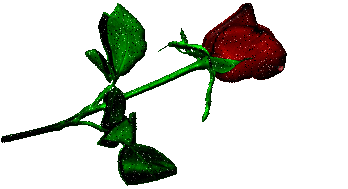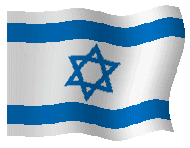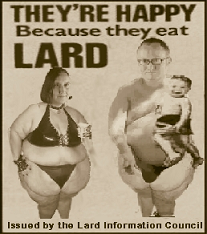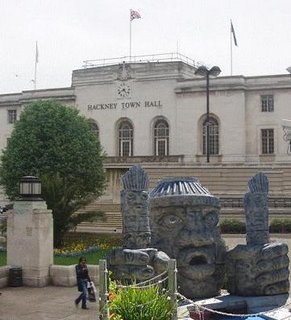"The symbolism of tomorrow's Remembrance Day ceremonies promise to be even more poignant than usual. The poppies of northern France became an emblem of the Great War thanks to John McCrae's composition of these lines commemorating the dead: 'In Flanders fields the poppies grow, between the crosses, row on row.'
The Queen, the Prime Minister and various dignitaries from around the Commonwealth will lay wreaths representing the crimson flowers at the Cenotaph on Whitehall to honour the hundreds of thousands of Britons and imperial subjects who died in that conflict. But look closer at those wreaths and one can see another, more contemporary, battle reflected in their scarlet hue. More poppies today grow in Afghanistan than anywhere else in the world. And this is the country in which 7,700 British soldiers are fighting – and dying – to support the administration of President Hamid Karzai. Eighty-three UK troops have been killed in the country since 2001. The latest died yesterday in a road accident. We also learnt yesterday that our military commitment has been extended in length.
Of course, in Afghanistan poppies have a very different significance than they do here in Britain. Poppies represent this ravaged country's only significant cash crop. The opium made from Afghanistan's poppy seeds feeds the world's heroin addiction. Yet one of the responsibilities of our soldiers in Afghanistan is to destroy the poppy crop. This has little to do with helping Afghanistan. It is to cut the supply of heroin to the developed world. Afghans are understandably aggrieved at this. The insurgents of the Taliban have exploited this sense of injustice and used the tacit sympathy of the local population in the south to mount effective attacks on British troops. Across Britain tomorrow, our dead servicemen and women will be commemorated with poppies. In Afghanistan they will be dying because of the flowers. So when the two-minute silence begins at the 11th minute of the 11th hour tomorrow, we must remember not just those who died serving their country in past conflicts, but also contemplate those who are risking their lives today in Afghanistan. We must also reflect on the plight of the 5,000 servicemen and women still stationed in the south of Iraq.
In some respects, the experience of the soldiers of the Western Front would be unrecognisable to today's servicemen and women in Middle Eastern and south Asian conflict zones. There are no mass charges into no man's land, no poison gas attacks. Men are no longer shot for cowardice. And, mercifully, the casualty rates in Basra have been far lower than witnessed on battlefields such as the Somme. But not everything has changed. There has been trench warfare in Afghanistan. And, of course, both sets of soldiers would be able to swap stories about the deficiencies of their political leaders. Yet that human link with the past grows ever more frail with each passing year. There are just five known British veterans of the Great War still alive. Our living connection with the terrible carnage and human waste of the First World War has almost been broken. But we have ample means to remember. Technology has enabled us to record the testimonies of those who served. The internet allows families to research relatives who served. Veterans will die, but their stories and histories will live on. And, of course, we have the destruction and slaughters of the present to remind us of the endless agonies of war. If we forget, it will be because we have chosen to, not because our memories will have failed us. There can be no excuses."
The Independent, Saturday 10th November 2007.
Sunday, November 11, 2007
Remembrance Day
Posted by
Luke Akehurst
at
11:59 pm
![]()
Subscribe to:
Post Comments (Atom)











 I'm Luke Akehurst..... aka. "Luke The Nuke".
I'm Luke Akehurst..... aka. "Luke The Nuke".





1 comment:
Available from: The rear entrance, Stoke Newington Police Station,33 Stoke Newington High Street, London N16 8DS (we take credit cards).
Post a Comment